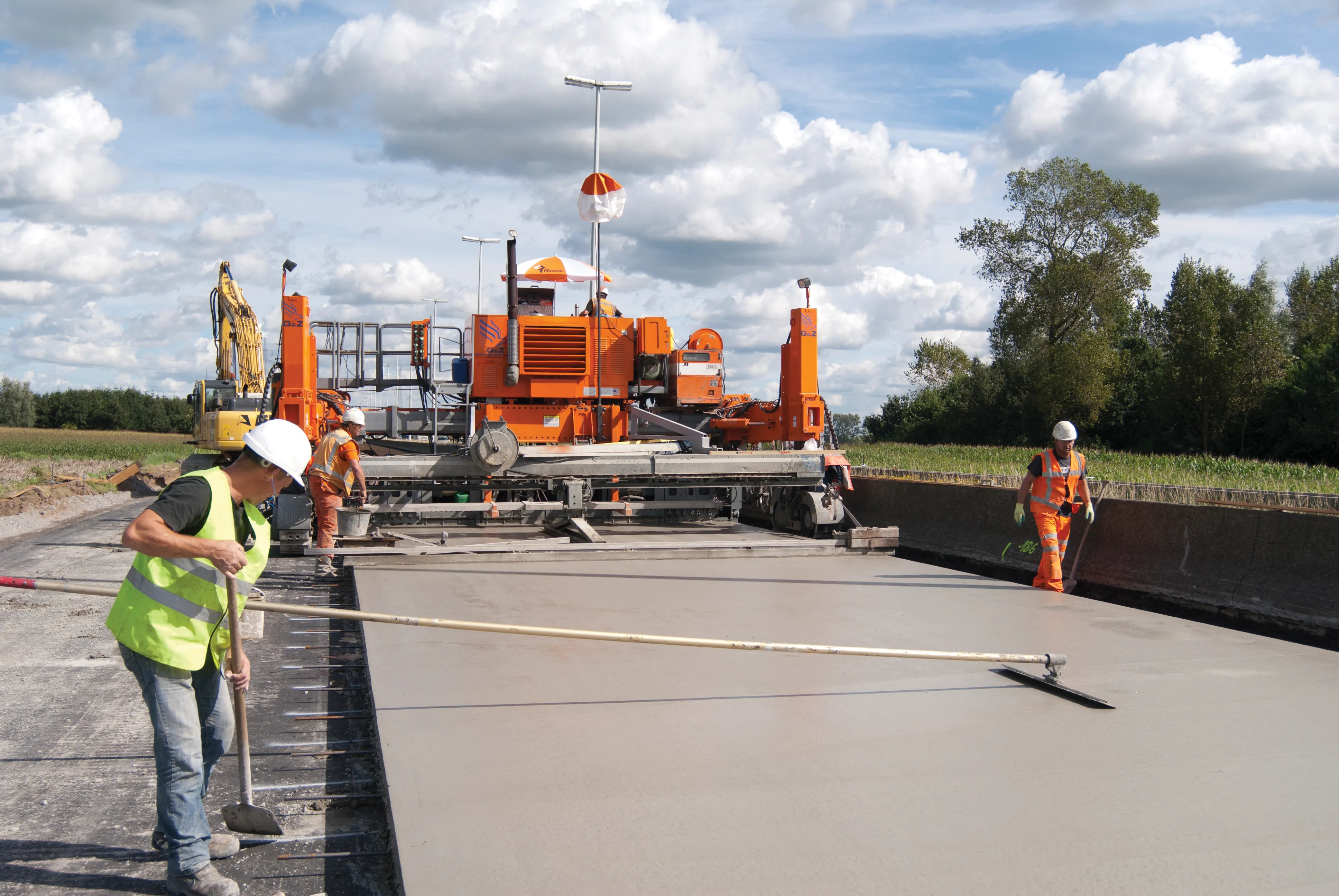Several leading Italian and international funds and industrial groups are reportedly looking into the feasibility of uniting all the major motorway construction projects in the north-east of Italy. The aim of the scheme would be to buy into the capital of one of the holdings and then work to buy stakes in the other firms, which are currently mostly under state control. The conglomeration of the three major firms Serravalle, Autostrada Serenissima and Autovie Venete, to be carried out over five years, would
November 28, 2012
Read time: 2 mins
Several leading Italian and international funds and industrial groups are reportedly looking into the feasibility of uniting all the major motorway construction projects in the north-east of Italy.
The aim of the scheme would be to buy into the capital of one of the holdings and then work to buy stakes in the other firms, which are currently mostly under state control. The conglomeration of the three major firms Serravalle,The companies currently thought to be involved in the plan are funds Equinox and F2i; civil engineering groups







